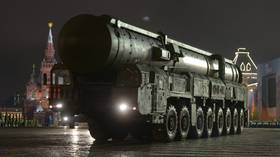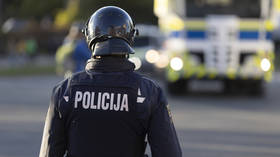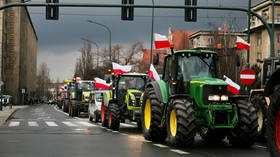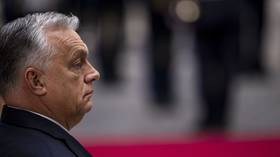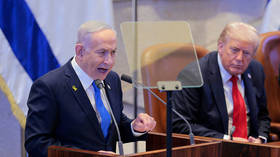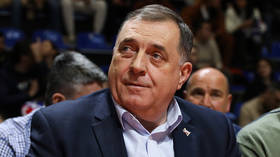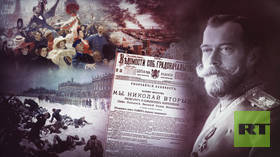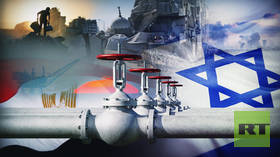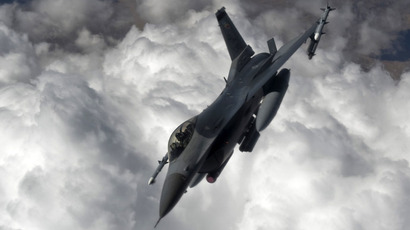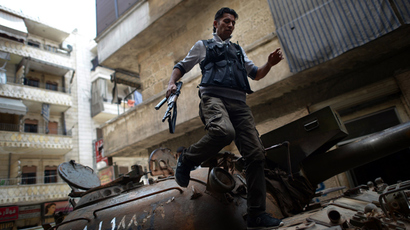Moscow unconvinced by US evidence of Syrian chemical weapons use
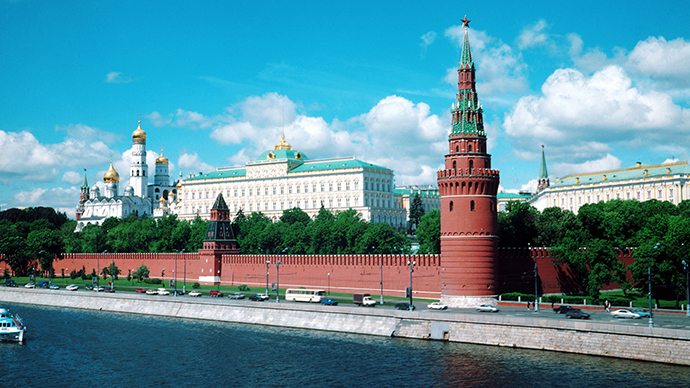
Russia is not convinced by the evidence which the US provided alleging that the government of Syria’s President Bashar Assad used chemical weapons against rebel forces.
“The Americans tried to present us with information on the use of chemical weapons by the regime, but frankly we thought that it was not convincing,” said presidential aide Yury Ushakov on Friday.
“We wouldn’t like to invoke references to the famous lab tube
that [former US] Secretary of State [Colin] Powell showed, but
the facts don’t look convincing in our eyes,” he added.
Powell brought a model vial, which he said looked like Iraqi
leader Saddam Hussein’s weaponized anthrax, in a bid to convince
members of the UN Security Council that they should agree to
invade Iraq. The alleged weapons of mass destruction program
proved to be non-existent after the US conquered the country in
2003.
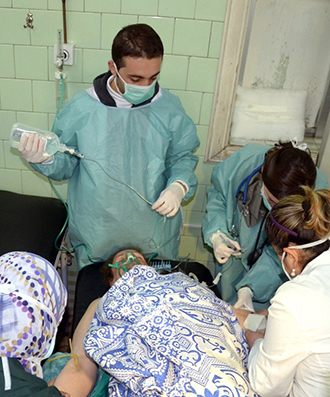
Ushakov was commenting on the US decision to allow military aid to Syrian rebels after coming to the conclusion that Assad’s government had used its chemical weapons stockpile in the conflict.
Ushakov said Moscow sees difficulties with organizing a proper investigation into the alleged cases of chemical weapon attacks in Syrian territory, which would provide more conclusive evidence on the issue.
“We have tried on several occasions to organize it, including those occasions when information arrived that rebels were using chemical weapons. Let’s see how the situation develops,” he said.
Meanwhile, UN Secretary-General Ban Ki-moon has once again
reiterated the need to look into the alleged use of chemical
weapons in Syria, according to an official statement.
The UN probe into the use of chemical weapons in Syria did not travel to the sites of the alleged attacks because Damascus barred the experts from going there. Syrian officials cited concerns for the safety of the experts and voiced doubts about their impartiality, since neither China nor Russia were allowed to participate.
Russia’s Foreign Minister Sergey Lavrov has stressed that arming
rebels is a step fraught with possible “escalation in the
region” while allegations of the use of chemical weapons
“are not supported by reliable evidence”.
Moscow has warned that additional supplies to Syrian rebels will
not contribute to the peace process, but on the contrary will
plunge the country into chaos.
“There is little doubt that decisions on additional arms and
military equipment supplies to illegal militant groups would
drive up the level of violent confrontation and violence against
innocent civilians. Especially, given that it comes amid calls to
go further, to establish a no-fly zone over Syria to help not
with just weapons, but heavy weapons,” Russian Foreign
Ministry spokesperson Aleksandr Lukashevich said.
The American move undermines the joint US-Russian effort to
gather an international conference in Geneva on Syrian
reconciliation, Ushakov added, although the exact damage will
depend on Washington’s further actions.
“Of course, this will not help in the preparation of the
international conference, if the Americans actually initiate
larger-scale support of the rebels", he said.
The next meeting of experts to discuss the event is scheduled for
June 25. The conference has been postponed several times as the
organizers are struggling to convince all interested parties to
take part.
The aide added that the news will not affect Russia’s position on
delivering S-300 surface-to-air missiles to the Syrian
government. Moscow has a years-long standing contract with
Damascus to supply the advanced air defense system, but has not
fulfilled it yet.
Russia’s contract with Syria may have a serious impact on the
balance of military power in the region. One of the more radical
scenarios of the US providing military aid to the rebels is
establishment of non-fly zones in Syria along its border with
Jordan. The territory would then be used by rebel forces to rest
and regroup out of reach of the Syrian Air Force.




